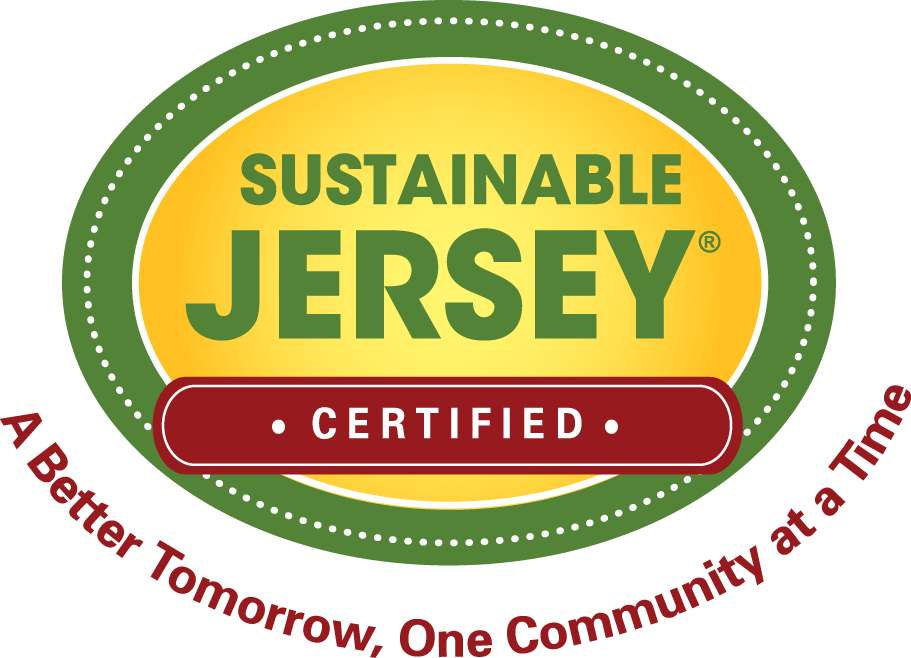Advancing Equity: Activities to Date
Since its founding in 2009, Sustainable Jersey has held social equity as integral to the holistic vision of a sustainable future guiding its mission. New Jerseyans face wide-ranging race- and place-based disparities in access to the conditions supporting well-being. Creating more sustainable communities means changing the systems that have resulted in those disparities. Sustainable Jersey supports municipal governments and schools to achieve systemic transformation.
Sustainable Jersey provides support to racially diverse, lower income and lower capacity municipalities to take advantage of our program through targeted outreach and technical assistance, as well as direct assistance in implementing actions, obtaining our grants, and achieving certification.
Perhaps most significantly, municipalities participating in our program are actively implementing many Sustainable Jersey actions that directly advance social equity and inclusion in their communities as well as actions that build the capacity of municipalities to do this essential work. Examples include:
- Removing Lead in Drinking Water
- Community Food Pantries
- Diversity and Equity on Boards and Commissions
- Improving Public Engagement in Municipal Governing
Look for more equity-promoting actions and programming in the coming months and years!
In 2017, Sustainable Jersey embarked in upon an internal initiative to integrate social equity more intentionally across the program. The learning and accomplishments from the first two years of that ongoing initiative are encapsulated in the report: Advancing Social Equity through the Sustainable Jersey Program: Analysis and Potential. The report details:
- A collaboratively developed framework for understanding and defining social equity
- The results of a systematic audit and screening of all actions in the municipal certification program for potential equity impacts and gaps; and
- An analysis of municipal performance in certification and grants.
The chief findings of this analysis were:
- Municipalities of all racial compositions participate in the program at equal rates.
- Certification level is weakly correlated with lower municipal distress; grants are not correlated.
- Larger population confers advantage in both certification and grant approvals.
- Population + distress explain < 10% of the variation in certification level – therefore other factors must account for success in the program.
Following the release of the report, the ‘equity screen’ was adopted as an affirmative standard for all new actions. In 2021, the Board of Sustainable Jersey adopted this declaration and commitments.
